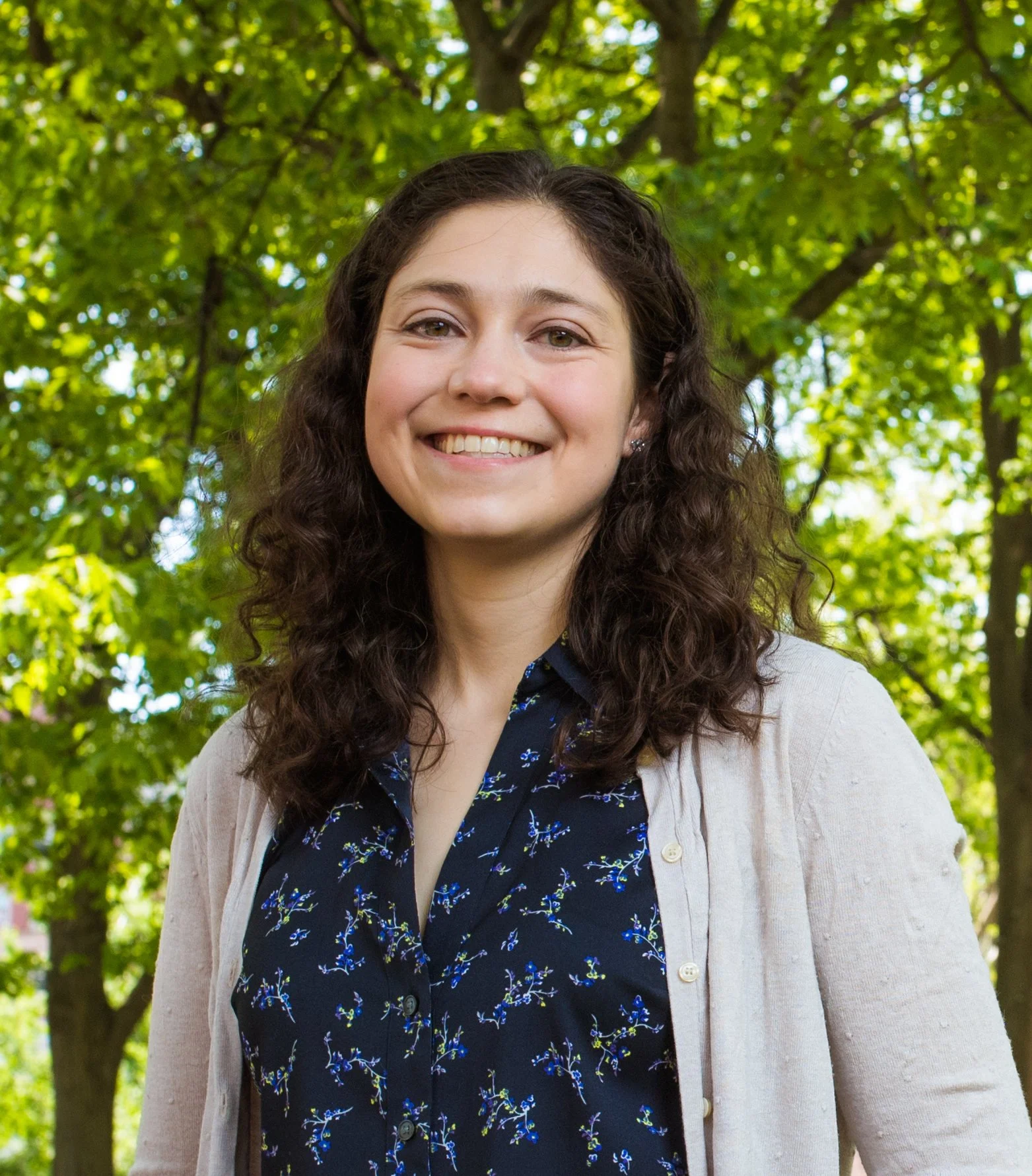Do you want to better understand your period?
Join our research study to explore menstrual cycle biology with biometric data.
Study of Typically Ignored Groups of Menstruating Adults (STIGMA)
We initiated this study because we noticed that all available studies on menstruation that include biometric data from wearables focused on white, naturally-menstruating women with a focus on fertility. These studies ignore 95% of menstruating adults, and fail to capture the signatures of menstruation in our biometric data when menstrual cycles are disrupted by stress, lifestyle, hormones, childbirth, or disease.
To fill this gap, we initiated this study to focus on Black, Brown, Indigenous, and LatinX adults who have aspects of their life that often interrupt menstruation — hormones, infertility, stress, breastfeeding, athletics, or reproductive diseases.
As a study participant, your responsibilities are to wear an Oura ring and keep it charged, answer a weekly survey plus a daily survey when you are menstruating or actively bleeding, over 12 months. We may gather saliva samples for genotyping at the three month point of the study for you. You will be able to use the Oura service during this 12-month study period for free. You must have a smartphone to participate and be able to charge your Oura ring every four to five days.
For complaints, concerns, or Participant’s rights, contact 1-866-680-2906.
For the participants
Learn more about your menstrual cycle.access to donated Oura Rings with 1 year paid subscription
Access to donated Oura rings with one year paid subscription.
Aid in research to more broadly understand reproductive biology and disease.
Is this study right for you?
-

Study Eligibility Criteria
Do you have a uterus?
Do you experience a menstrual cycle?
Have you had had 9+ menstrual cycles in the past 12 months (including spotting)?
Are you 18-51 years old?
Do you identify with one of the following groups: LatinX, Indigenous, Black, Brown?
Time Commitment: 45 minutes screening and initial questionnaire then 10-20 minutes per week for surveys for one year.
-

Populations of focus in our work
We are particularly interested in enrolling athletes, breast and chestfeeding mothers, transgender men, people with fertility challenges, endometriosis, uterine fibroids, or PCOS.
We do not exclude people on hormones.
If you are unsure whether this study is right for you, see our exclusion criteria:
Cannot wear a ring daily
Cannot charge a ring once every four days (charger included)
Does not have a smartphone
Cannot read or write English
Biometric data tracked with Oura Rings.
STIGMA mission statement
Throughout history, marginalized communities, including people of color, LGBTQ+ individuals, and women, have been unjustly excluded and ignored in scientific research about our own bodies. This lack of scientific knowledge leads to disempowerment of these communities. We are deeply committed to challenging and rectifying these structural scientific gaps, and we commit our work to these communities by leveraging our privilege as researchers. We are dedicated to advocating for underrepresented voices, challenging systemic biases, and creating a more inclusive and equitable scientific community, both in the team we create and in the research we pursue. STIGMA is the study of one of the most stigmatized aspects of these marginalized bodies, menstruation.
STIGMA Study Team
-

Barbara Engelhardt, PhD (she/her)
STIGMA PI, Professor, Biomedical Data Science, Stanford University and Senior Investigator, Gladstone Institutes
-

Michael Snyder, PhD (he/him)
STIGMA PI, Stanford W. Ascherman Professor and Chair of Genetics, Stanford University.
-

Naiomi Nhen Hunter (she/her)
Lead Researcher, PhD Student, Genetics Department Stanford University
-
Sarah Nyquist, PhD (she/her)
Lead Researcher, Postdoctoral Scholar, Gladstone Institutes
-

Morgan Smith, PhD (she/her)
Lead Researcher, Postdoctoral Scholar, Genetics Department ,Stanford University

